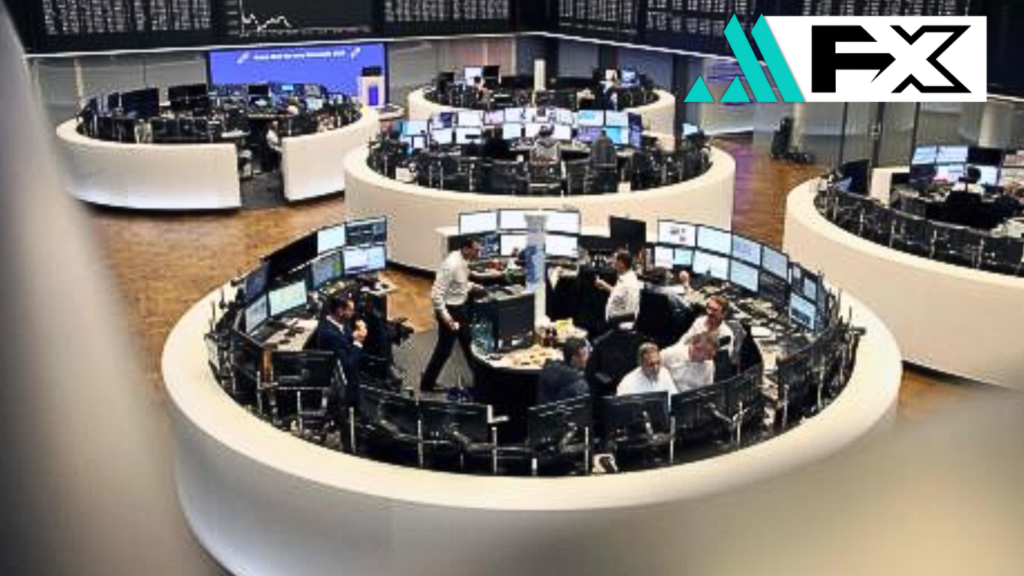European stocks edged lower on Friday, closing the week on a downbeat note as investors assessed central bank decisions, trade concerns, and signs of a U.S. economic slowdown.
By 04:02 ET (08:02 GMT), major European indices posted losses:
- Germany’s DAX fell 0.3%
- France’s CAC 40 slipped 0.3%
- UK’s FTSE 100 dropped 0.3%
Markets responded to a mixed week of economic signals, including uncertainty around U.S. Federal Reserve policies and ongoing trade tensions. In Europe, central banks delivered varied responses:
- Swiss National Bank cut rates by 25 basis points
- Bank of England and Sweden’s Riksbank held rates steady
Germany also took a significant step toward increasing defense and infrastructure spending. The Bundestag approved a large-scale investment fund, which now heads to the Bundesrat for final approval.
Heathrow Airport Shuts Down, Disrupting 1,300+ Flights
In the corporate sector, European airline stocks are expected to feel the impact of a major disruption at Heathrow Airport, Europe’s busiest aviation hub.
A fire at an electrical substation supplying power to Heathrow forced the airport to shut down entirely on Friday, with warnings of “significant disruption” lasting for days.
Key details of the Heathrow closure:
- Over 1,300 flights canceled, according to Flightradar24
- Thousands of passengers affected across multiple airlines
- Potential knock-on effects at other European airports
The incident underscores the vulnerabilities in aviation infrastructure and could lead to financial losses for airlines operating at Heathrow.
Elsewhere in Europe, industrial stocks faced pressures. German steelmaker Salzgitter (ETR:SZGG) lowered its sales forecast, citing a stagnant German economy and escalating U.S.-Europe trade tensions. Meanwhile, British pub chain JD Wetherspoon (LON:JDW) reported revenue growth, but higher wage and utility costs squeezed profitability.
Oil Prices Climb as U.S. Sanctions Pressure Supply
Global oil markets extended gains on Friday, heading for a second consecutive weekly increase as fresh U.S. sanctions on Iran and production cuts by OPEC+ signaled tighter supply conditions.
By 04:02 ET, crude prices edged higher:
- Brent crude: Up 0.2% to $72.11 per barrel
- West Texas Intermediate (WTI): Up 0.2% to $66.20 per barrel
For the week, both benchmarks are set to rise about 2%, their largest weekly gains since early 2025.
Key drivers of oil price movements:
- New U.S. sanctions on Iran, targeting oil tankers and Chinese refiners linked to Tehran’s exports
- OPEC+ production cuts, with seven member nations reducing output by 189,000 to 435,000 barrels per day through June 2026
As geopolitical risks persist and supply tightens, oil prices could remain volatile in the coming months.


